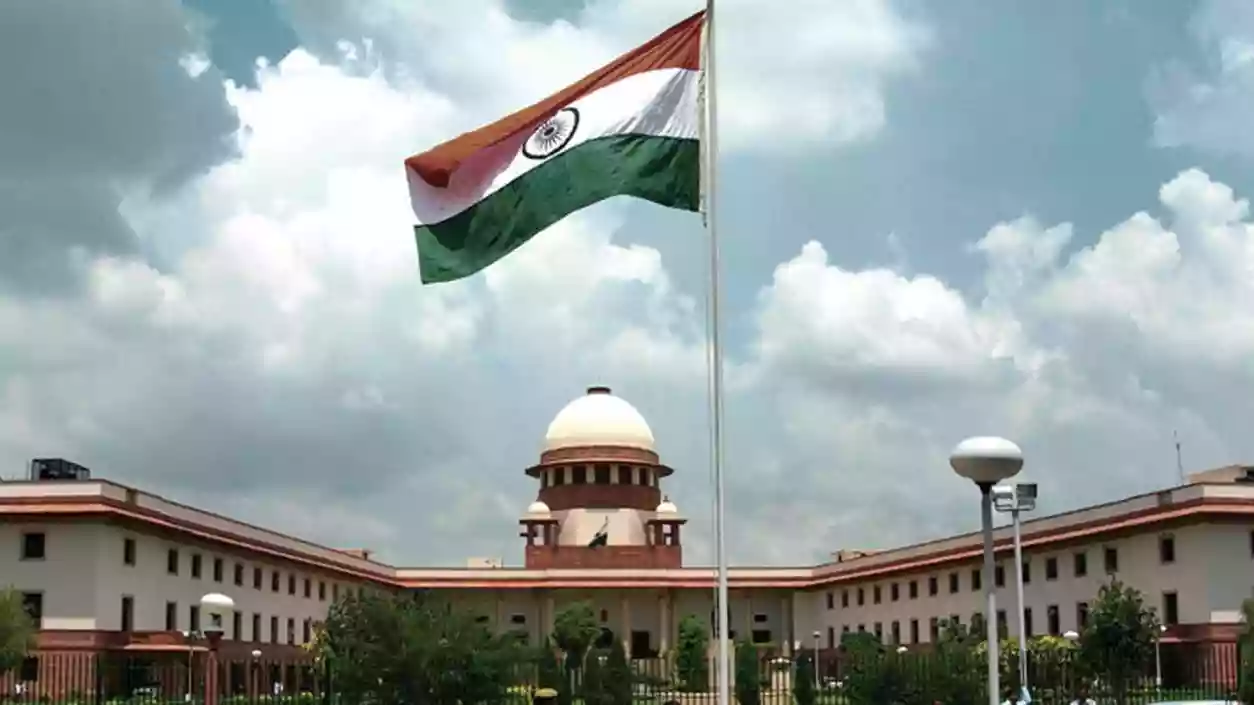CPI(M) leader beaten on road in Kharagpur for protesting wall demolition, shirt torn
.gif)
.gif)

The Supreme Court on Monday issued a notice to the Centre, all states, and Union Territories (UTs) in response to a petition filed by the Community Against Drunken Driving (CADD). The petition seeks the imposition of mandatory age verification at liquor shops across the country to prevent underage drinking. The petition highlights the lack of sufficient checks in the current system, allowing minors to easily purchase alcohol and thereby contributing to a rise in alcohol-related accidents and crime.
The petition points to alarming data compiled by CADD, which reveals that drunken driving incidents in India have increased by 20% since 2017. It further cites a report by the World Health Organization (WHO) showing a 38% increase in alcohol consumption between 2010 and 2017, with one out of every five patients at de-addiction centers aged between 16 and 19 years. The petitioners argue that in countries with stringent age verification measures, alcohol-related crimes, including drunk driving, are lower. The lack of an effective legal framework in India to check buyers' ages, they argue, is directly contributing to these troubling trends.
Prince Singhal, the founder of CADD, who filed the petition, emphasized the ease with which minors can access alcohol at liquor outlets, citing incidents where children have been allowed to purchase alcohol without any checks. Singhal further argued that stricter age verification regulations at liquor stores and bars could reduce underage drinking and its consequences. The petition advocates for a nationwide policy that mandates the checking of photo identity cards at all points of alcohol sale, including retail shops, bars, and online platforms.
During the hearing, the bench, comprising Justices BR Gavai and KV Viswanathan, expressed concerns regarding the potential for individuals to circumvent age checks by sending someone else to purchase alcohol on their behalf. Justice Gavai questioned the feasibility of enforcing such restrictions effectively, but acknowledged the need for a discussion on stricter measures. In response, the petitioners emphasized that enforcing stricter penalties for violations would act as a deterrent and lead to better compliance.
The petition proposes severe penalties for violations of these regulations. Underage customers could face a fine of ₹10,000, while sellers who sell alcohol to minors could face fines of up to ₹50,000 or face imprisonment for up to three months. Additionally, the petition opposes the delivery of alcohol to customers' doorsteps, which it argues makes alcohol more easily accessible to young people and exacerbates the issue of underage drinking.
The Supreme Court issued the notice to the Centre, all states, and Union Territories, directing them to file their responses to the petition. The bench has scheduled the next hearing in three weeks, at which time it will consider the responses and discuss the possibility of implementing mandatory age verification regulations for alcohol sales across the country. The case will also address the question of penalties for violators, including both underage buyers and sellers. This hearing marks an important step in addressing the growing concerns over underage drinking and its consequences on public health and safety in India.